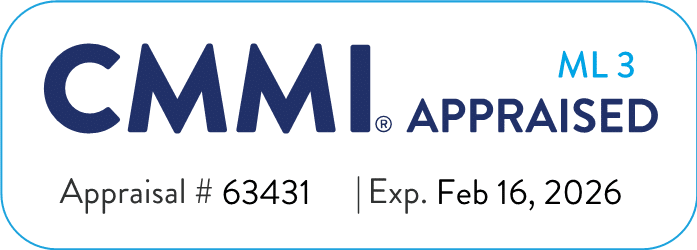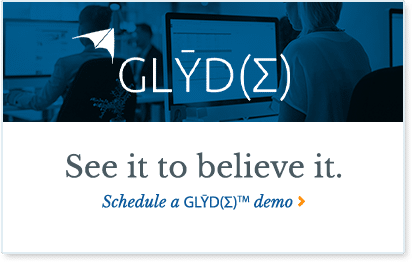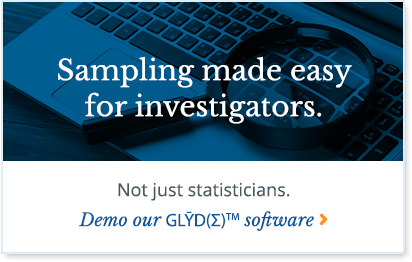The U.S. Department of Health and Human Services Office of Inspector General (OIG) recently released a data chart offering fiscal year (FY) 2014 statistical data for the Medicaid Fraud Control Units. For those of you unfamiliar with Medicaid Fraud Control Units (MFCU), the MFCUs are:
single identifiable entities of State government that conduct a Statewide program for investigating and prosecuting (or referring for prosecution) violations of all applicable State laws pertaining to fraud in the administration of the Medicaid program, the provision of medical assistance, or the activities of providers of medical assistance under the State Medicaid plan. The units also review complaints alleging abuse or neglect of patients in health care facilities receiving payments under the State Medicaid plan and may review complaints of the misappropriation of patient’s private funds in such facilities. (Taken from the Code of Federal Regulations)
All States (with the exception of North Dakota*) and the District of Columbia have MFCUs.
A quick look at the FY 2014 Medicaid fraud recoveries shows that the OIG provided more MFCU grant money to four States than those States reported in recoveries. In the most extreme case, one State received a $2.3 million grant, but recovered only $538,729, or returned 23 cents for every grant dollar it received. Three other States reportedly returned 58 cents, 61 cents, and 91 cents, respectively, for the MFCU grant dollars they received in FY 2014.
Learn More About Medicaid Fraud Investigations
Medicaid Fraud Control Unit Fraud Recovery Rate
According to the OIG’s website, “Recoveries are defined as the amount of money that defendants are required to pay as a result of a settlement, judgment, or prefiling settlement in criminal or civil cases and may not reflect actual collections.” [emphasis added] Providers convicted of Medicaid fraud are often excluded from all Federal healthcare programs. That can put providers completely out of business, or at the very least make it difficult for them to earn the money they need to pay the recoveries. Bottom line, States may not see any of the money listed as a recovery.
One could argue that taking a single year is unfair because some years might be up and others down when examining reported Medicaid fraud recoveries. However, a 3-year look back (FYs 2012 through 2014) shows three States with negative returns for the 3-year period. These States reported recoveries of 46 cents, 59 cents, and 78 cents for each MFCU grant dollar received over the 3 years, respectively.
Identifying Medicaid Fraud Only Gets You so Far
The intent of this analysis is not to find fault with the efforts of any Medicaid Fraud Control Unit. MFCUs simply had publicly and readily available data that could be used to illustrate a point. That point is, even when an entity has established fraud, it is not always easy to collect recoveries for those fraudulent charges. Over 7 percent of Medicaid payments are reportedly in error, which means $19 billion in improper Medicaid payments is waiting to be recovered. Still, identifying improper payments can be a challenge; addressing them is even harder. That is where Integrity Management Services can help.
Integrity Management Services has experts in data analytics who can help those seeking to identify fraud do so quickly and efficiently. We also have experienced Medicaid fraud investigators who can screen medical fraud cases and provide training on effective health care fraud investigations techniques, Medicaid fraud detection, and more. So reach out to the experts at Integrity Management Services. We are here to help.
* North Dakota does not have a MFCU because it successfully argued that having such a unit would not be cost-effective because minimal fraud exists in connection with the provision of covered services to eligible individuals under the State plan, and that beneficiaries under the plan will be protected from abuse and neglect in connection with the provision of medical assistance under the plan without the existence of such a unit. [emphasis added]











